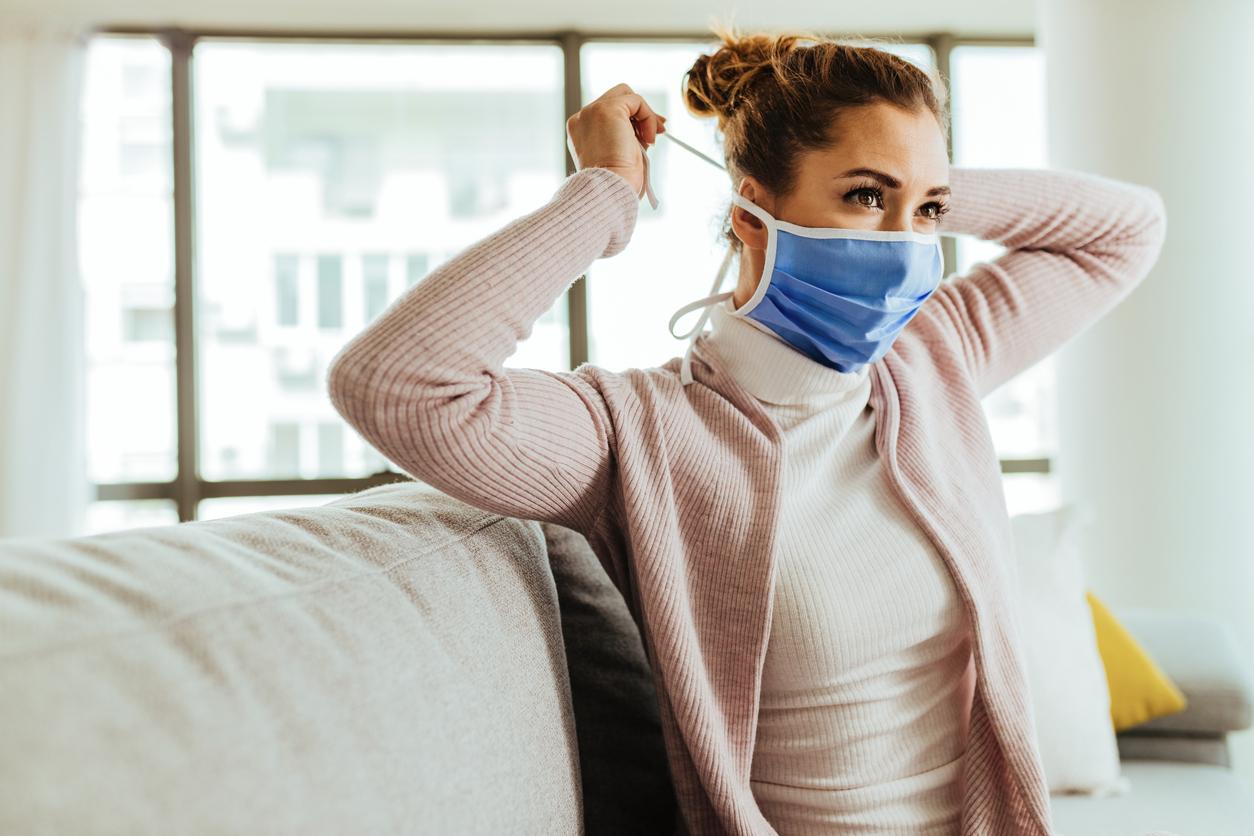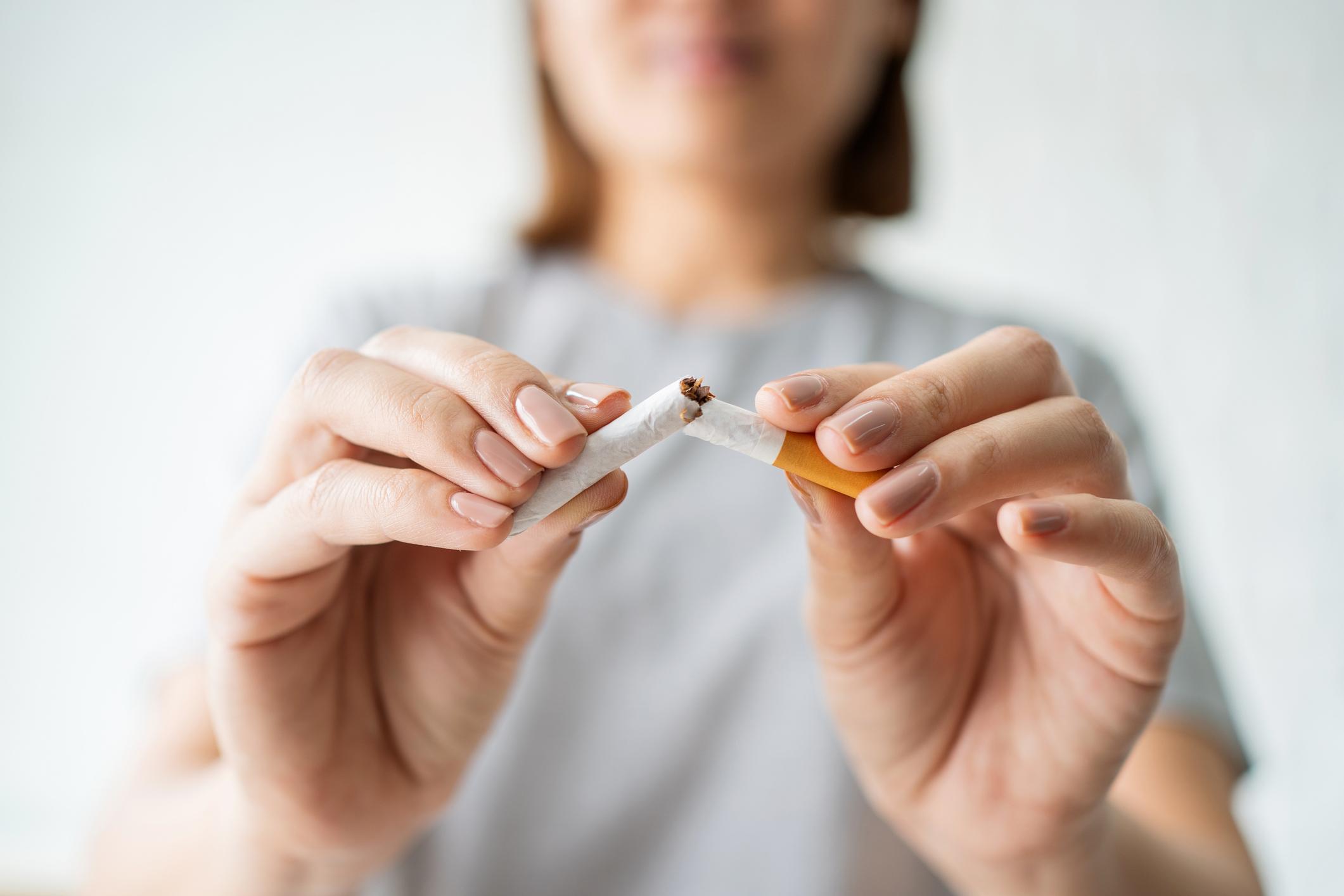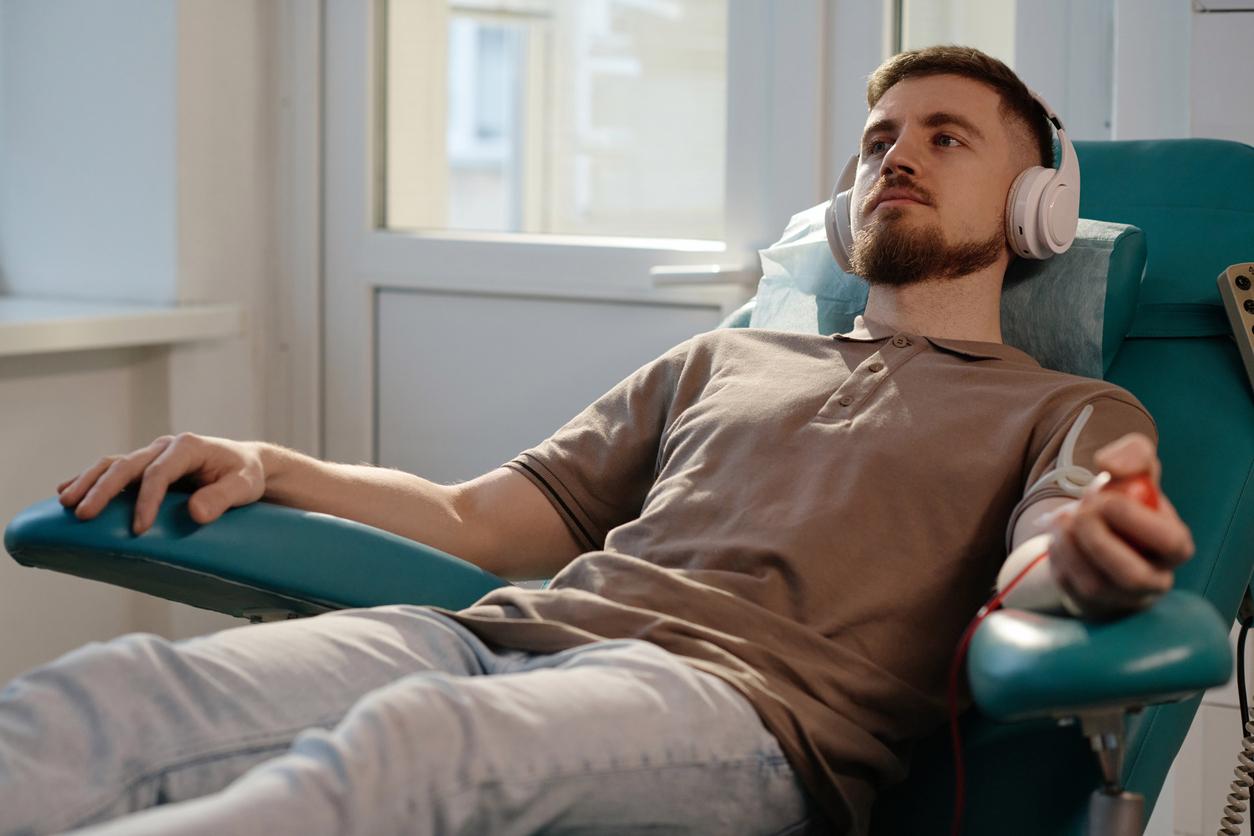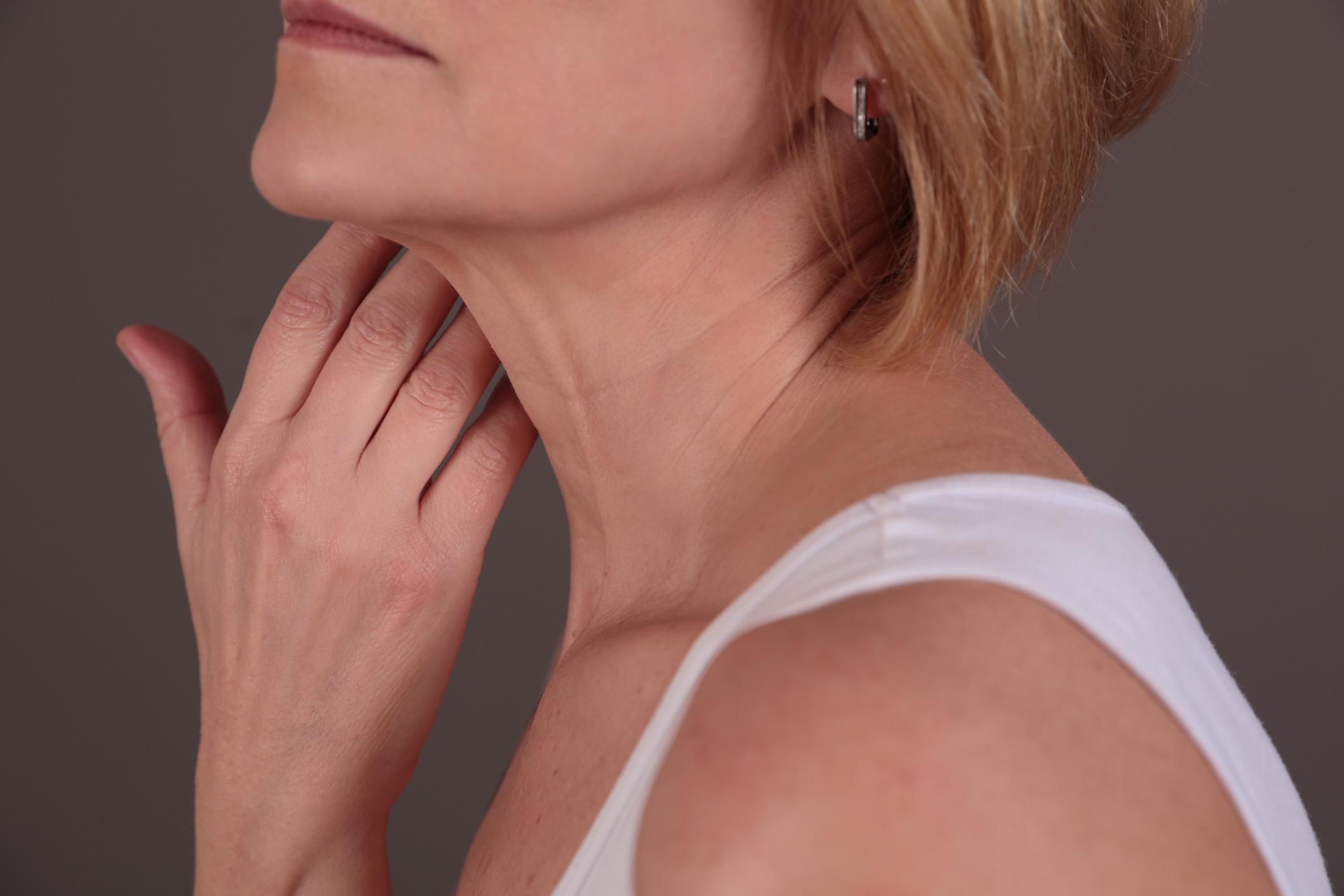INTERVIEW – For Marie-Odile Bertella-Geffroy, ex-investigating judge in the asbestos case, the Paris prosecutor’s office took up the arguments of the people involved.

The non-places will rain. Twenty years of investigating the asbestos case will ultimately have led to this: nothing. The Paris prosecutor’s office called for the end of the criminal investigations, arguing that it was impossible to date the contamination of the employees. About twenty cases could lead to dismissals.
How to explain such a decision of the ministry, even though the pathologies of many victims have been recognized as occupational diseases? While 10 to 20% of lung cancers are attributable to asbestos, the exposure of which could cause up to 100,000 deaths by 2025? Is there therefore no one responsible in this affair? Marie-Odile Bertella-Geffroy, lawyer, was an examining magistrate at the Public Health department of the Paris Tribunal de Grande Instance. She reconsiders this decision.
How do you interpret the decision of the prosecution?
Marie-Odile Bertella-Geffroy: It is disappointing to say the least. In previous decisions, administrative and political officials have been exonerated. This time, it is the turn of the CEOs and directors of factories, as they knowingly exposed workers to asbestos.
The prosecution endorses the arguments of the accused. To defend themselves, the CEOs of asbestos factories explained that the victims had to prove that they had been contaminated during their own functions. It is a general halt.
But can this contamination be demonstrated?
MO Bertella-Geffroy: It is through the exhibition. Unlike other public health cases, where the whole difficulty lies in demonstrating a causal link between certain pathologies and the offenses retained, asbestos is very well informed. Typically, mesothelioma is a cancer signed “asbestos”.
The onset of these pathologies can take place from the first exposure. Only the exposure period counts and this element is easily demonstrable. Italy, which had the CEOs of Eternit Italy convicted in the Assize Court, now has a law that criminalizes conscious exposure to a life threatening situation in this type of public health case.
What difficulties did you encounter when you heard the case?
MO Bertella-Geffroy: The lack of means, and the opposition of the Public Prosecutor’s Office to the joining of important files involving both administrative and political decision-makers and industrialists. Everything is linked, of course.
.















